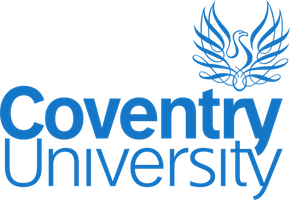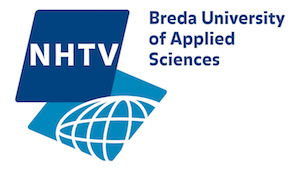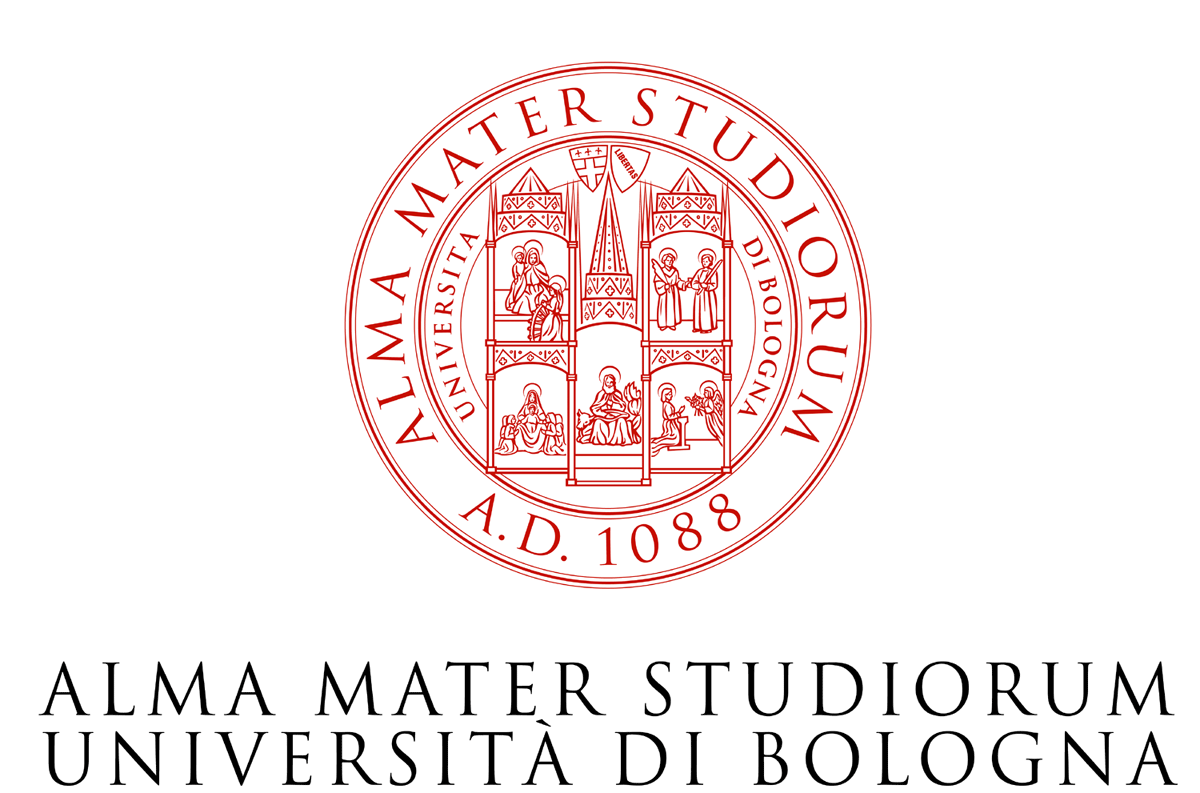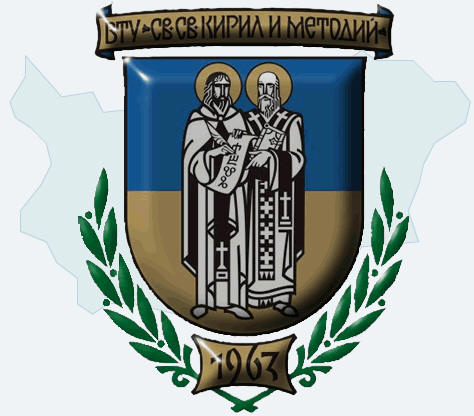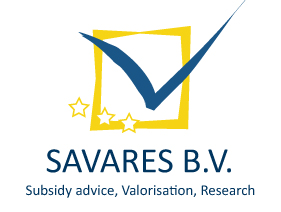Definition
The competence of recognizing opportunities refers to the capacity to perceive changed conditions or overlooked possibilities in the environment that represent potential sources of profit or return for an individual or an organization (Morris et al., 2013).
This competence can be assessed according to the following three students’ mastery levels:
Introductory level
Is poorly aware of data/information/research available to inform and develop areas of work; seldomly keeps up to date with information and its quality in order to make judgements; tends to treat information from different pieces of information as separate.
Intermediate level
Is aware of data/information/research available to inform and develop areas of work; moderately keeps up to date with information and its quality in order to make judgements; is able to see some new connections and patterns from available data.
Advanced level
Is an avid information seeker, always carrying out activities of search for new information/data/research; is good at “connecting the dots”, seeing links between seemingly unrelated pieces of information; has ideas about developing novel products, policies, and strategies for the future.
Tools for Assessment
On the right you will find the assessment tools that can be used to measure this competence.
Click on the tool name to access the tool.



